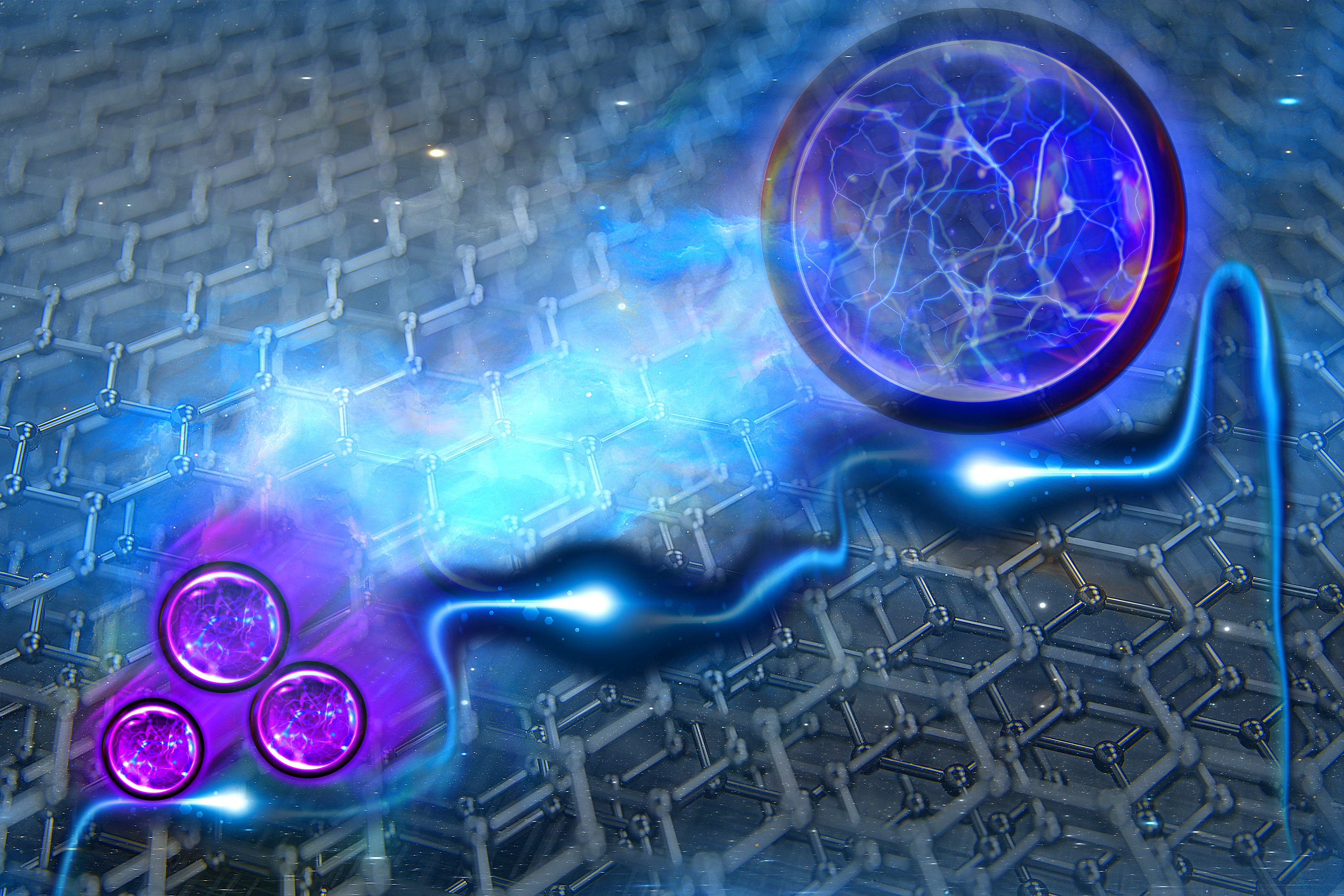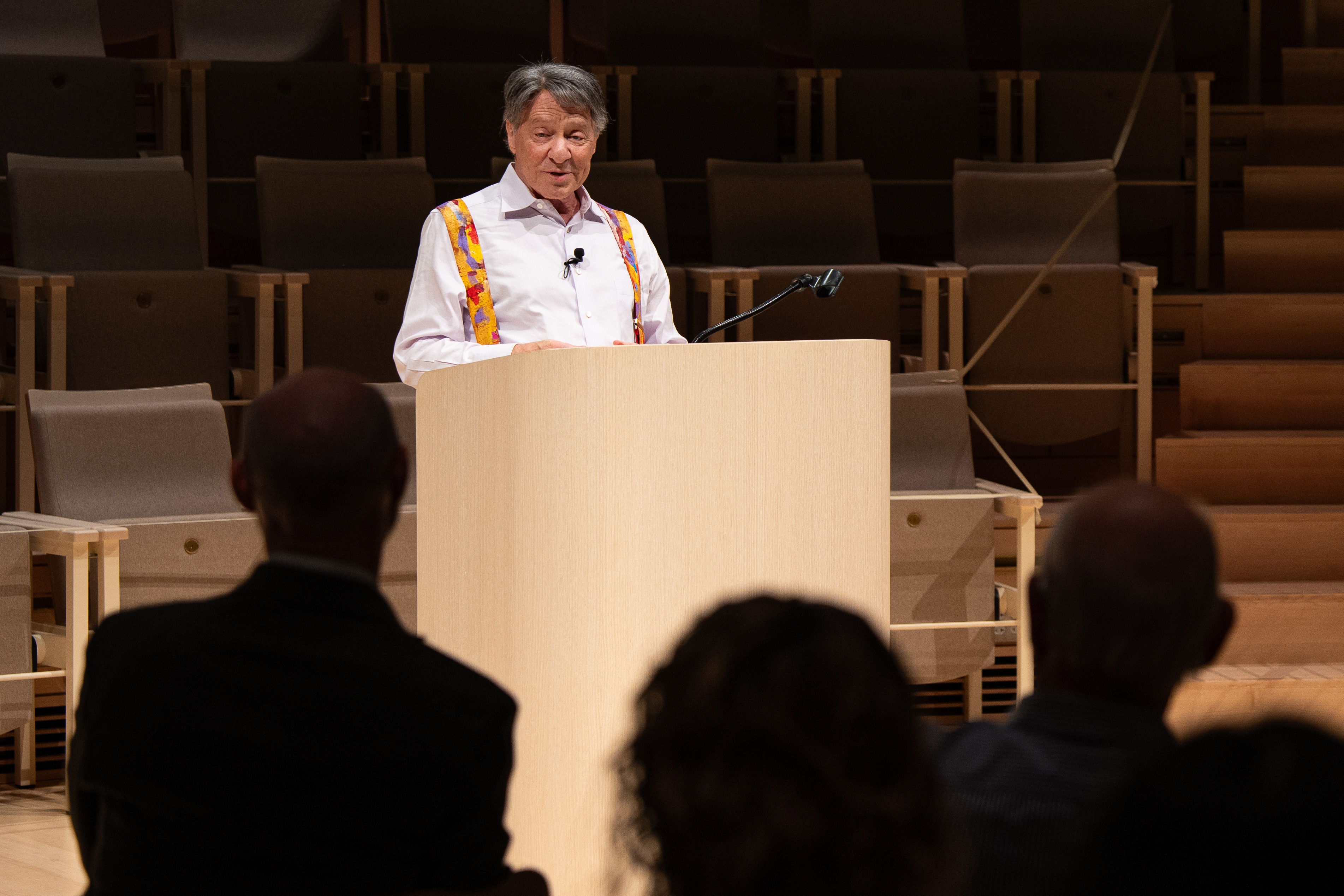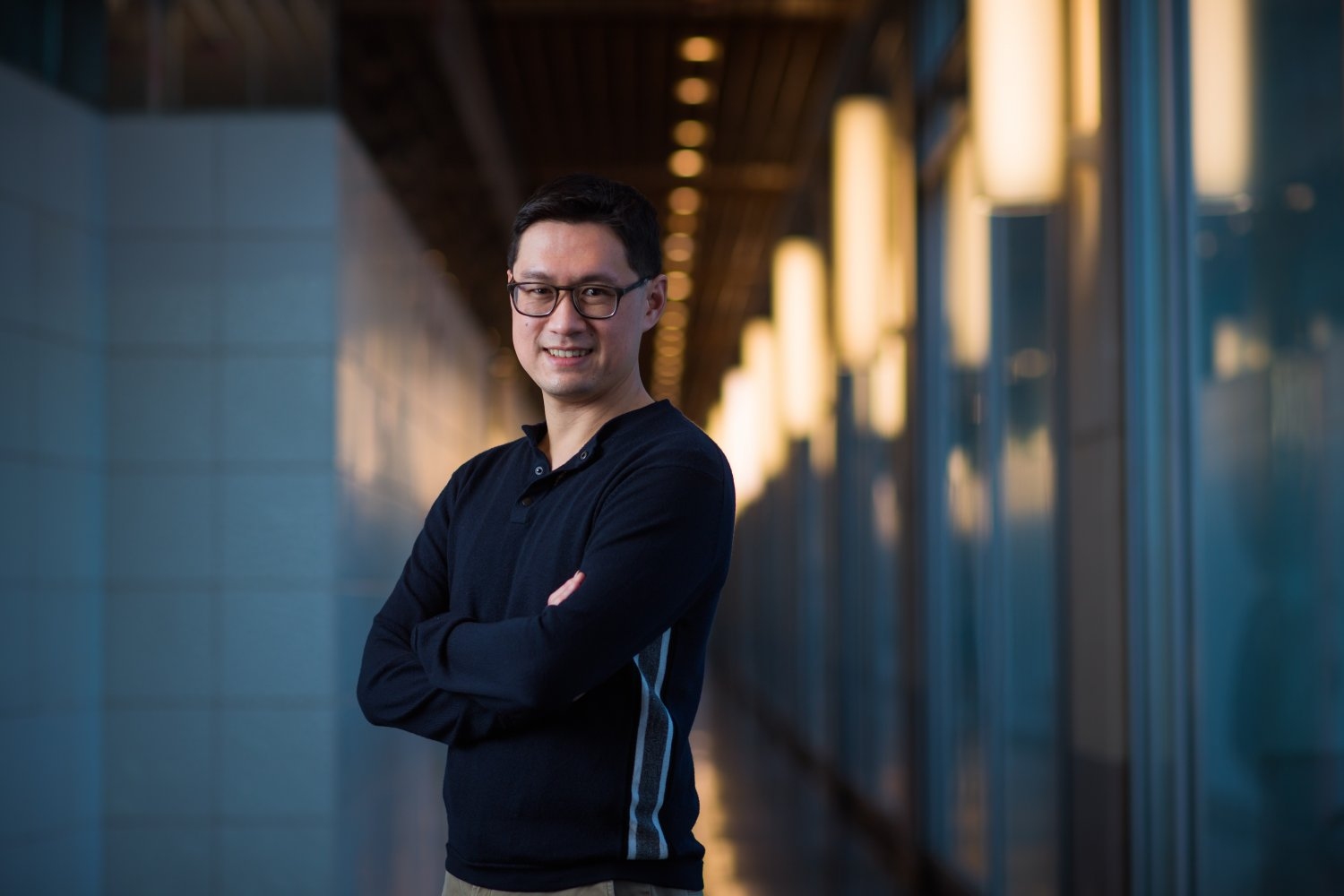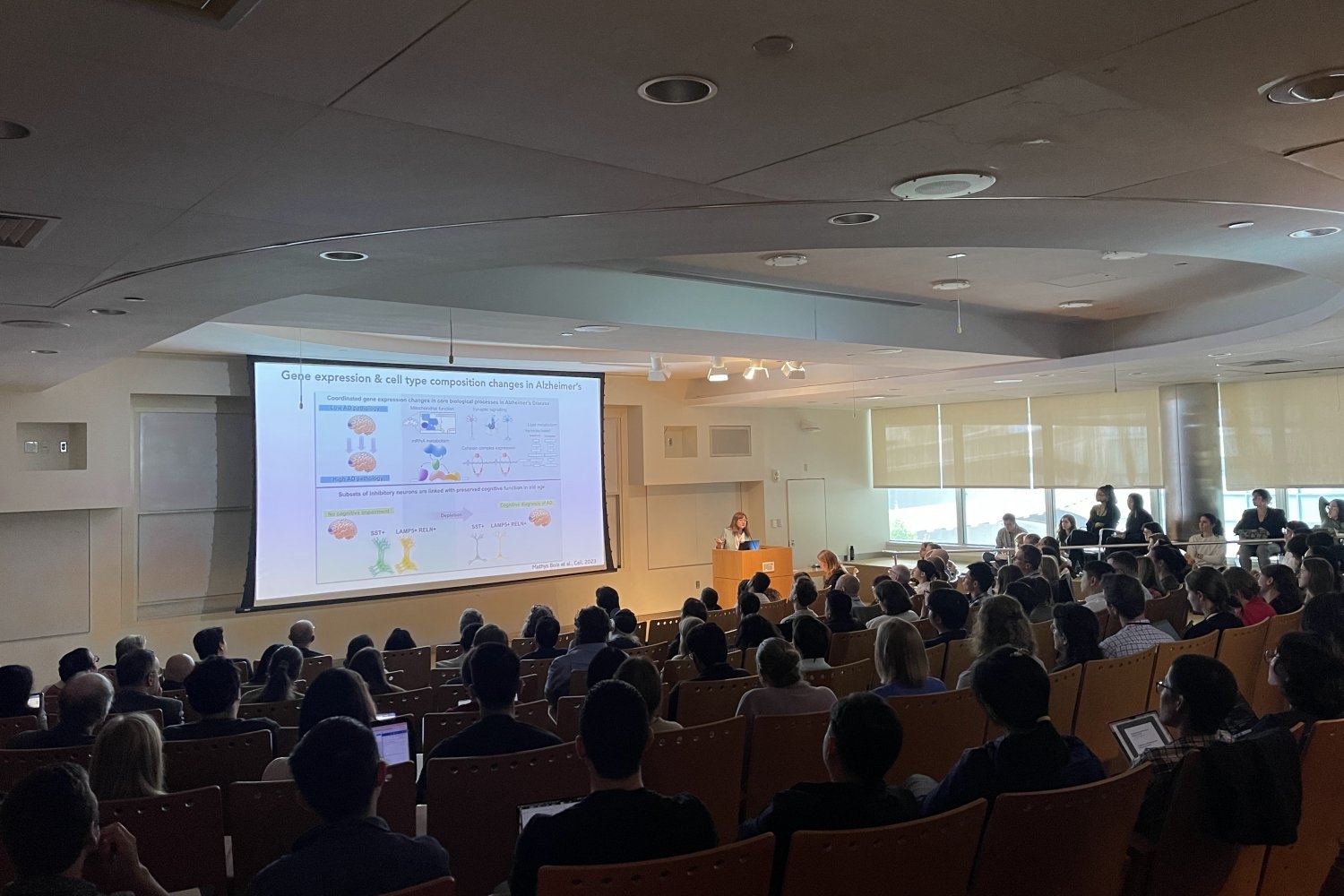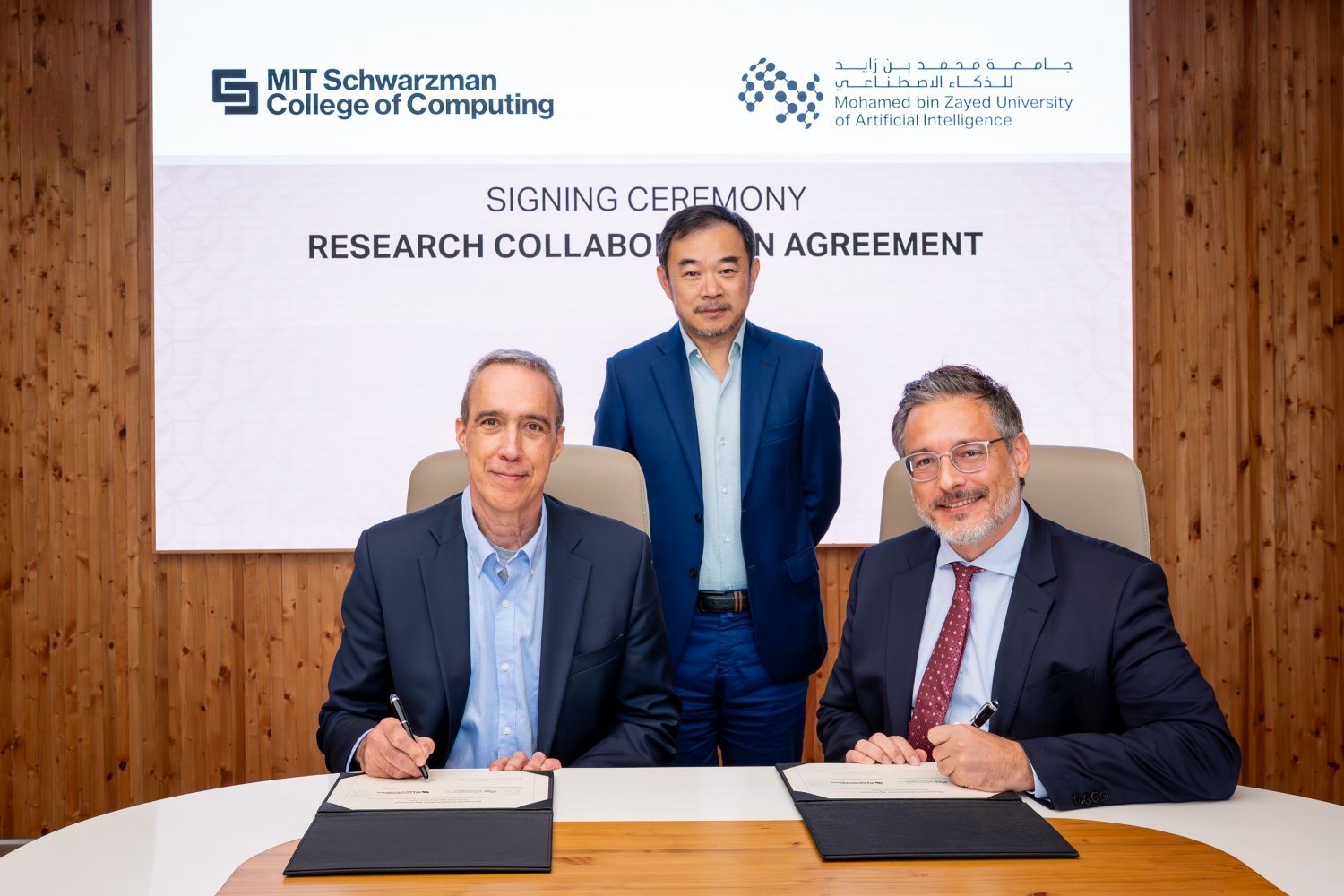MIT-affiliated physicists win McMillan Award for discovery of exotic electronic state
Last year, MIT physicists reported in the journal Nature that electrons can become fractions of themselves in graphene, an atomically thin form of carbon. This exotic electronic state, called the fractional quantum anomalous Hall effect (FQAHE), could enable more robust forms of quantum computing.
Now two young MIT-affiliated physicists involved in the discovery of FQAHE have been named the 2025 recipients of the McMillan Award from the University of Illinois for their work. Jiaqi Cai and Zhengguang Lu won the award “for the discovery of fractional anomalous quantum hall physics in 2D moiré materials.”
Cai is currently a Pappalardo Fellow at MIT working with Pablo Jarillo-Herrero, the Cecil and Ida Green Professor of Physics, and collaborating with several other labs at MIT including Long Ju, the Lawrence and Sarah W. Biedenharn Career Development Associate Professor in the MIT Department of Physics. He discovered FQAHE while working in the laboratory of Professor Xiaodong Xu at the University of Washington.
Lu discovered FQAHE while working as a postdoc Ju's lab and has since become an assistant professor at Florida State University.
The two independent discoveries were made in the same year.
“The McMillan award is the highest honor that a young condensed matter physicist can receive,” says Ju. “My colleagues and I in the Condensed Matter Experiment and the Condensed Matter Theory Group are very proud of Zhengguang and Jiaqi.”
Ju and Jarillo-Herrero are both also affiliated with the Materials Research Laboratory.
In addition to a monetary prize and a plaque, Lu and Cai will give a colloquium on their work at the University of Illinois this fall.
Latest MIT News
- Ray Kurzweil ’70 reinforces his optimism in tech progressReceiving the Robert A. Muh award, the technologist and author heralded a bright future for AI, breakthroughs in longevity, and more.
- Gene-Wei Li named associate head of the Department of BiologyThe associate professor aims to help the department continue to be a worldwide leader in education, biological sciences, and fundamental research.
- Immune-informed brain aging research offers new treatment possibilities, speakers saySpeakers at MIT’s Aging Brain Initiative symposium described how immune system factors during aging contribute to Alzheimer’s, Parkinson’s and other conditions. The field is leveraging that knowledge to develop new therapies.
- MIT Schwarzman College of Computing and MBZUAI launch international collaboration to shape the future of AIThe MIT–MBZUAI Collaborative Research Program will unite faculty and students from both institutions to advance AI and accelerate its use in pressing scientific and societal challenges.
- Riccardo Comin, two MIT alumni named 2025 Moore Experimental Physics InvestigatorsMIT physicist seeks to use award to study magnetoelectric multiferroics that could lead to energy-efficient storage devices.
- How to reduce greenhouse gas emissions from ammonia productionProposed system would combine two kinds of plants, creating greater efficiency and lowering costs while curbing climate-changing emissions.



